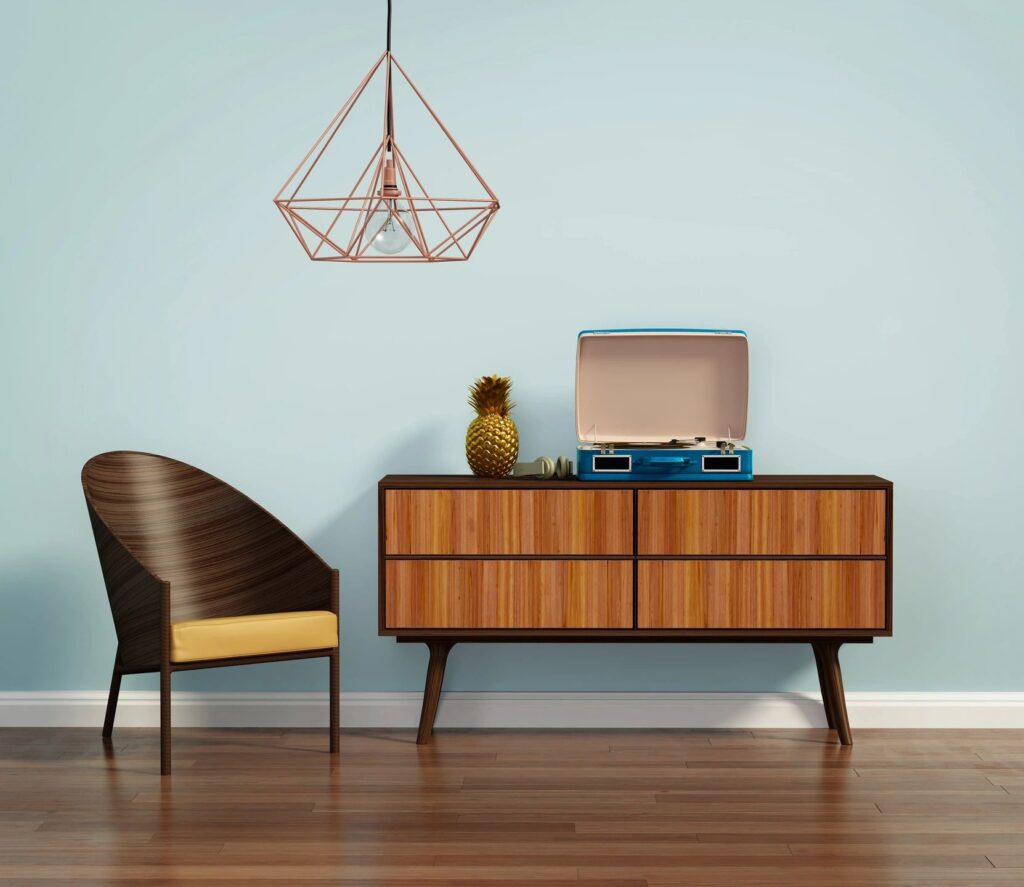Feng Shui, an ancient Chinese art, is believed to bring harmony and balance to our living spaces. By applying Feng Shui principles to your home renovation, you can create an environment that promotes positive energy flow and enhances the overall well-being of its occupants. In this blog post, we’ll explore key Feng Shui tips and how to integrate them into your home renovation project.

Clear the Clutter
Before embarking on your home renovation, it’s essential to declutter your space. Clutter can disrupt the flow of energy and hinder the positive effects of Feng Shui. Sort through your belongings and get rid of items you no longer need or love. Create an organized and clutter-free environment as the foundation for your Feng Shui renovation.

Define the Bagua Map
The Bagua Map is a Feng Shui tool that divides your living space into nine areas, each representing a different aspect of life (e.g., wealth, health, love, career). Define the Bagua Map of your home and identify which areas need attention during your renovation. By enhancing specific zones, you can bring balance and prosperity to different aspects of your life.

Embrace Natural Light and Air
Feng Shui places great importance on natural light and fresh air. During your renovation, consider ways to maximize the entry of natural light into your home. Install larger windows, skylights, or French doors to invite more sunlight. Additionally, ensure proper ventilation to allow the flow of fresh air throughout your living spaces.

Harmonious Color Schemes
Colors play a significant role in Feng Shui, influencing the energy in a space. Choose colors that align with the Bagua areas you want to enhance. For example, calming blues are ideal for bedrooms (health and family), while vibrant reds or greens can stimulate creativity in a home office (knowledge and career).

Mindful Furniture Placement
The arrangement of furniture can affect the flow of energy in your home. When renovating, be mindful of the placement of furniture to encourage positive energy circulation. Avoid placing furniture directly in front of doors or windows, as it may obstruct the energy flow. Instead, create open pathways and arrange furniture to promote conversation and harmony.

The Power of Mirrors
Strategically placing mirrors can amplify the energy in a room and create a sense of spaciousness. Use mirrors to reflect natural light and visually expand smaller areas. However, avoid placing mirrors directly facing the bed or the front door, as it may disrupt sleep or push positive energy away.

Incorporate Natural Elements
Bringing nature indoors is an essential aspect of Feng Shui. Integrate natural elements like plants, water features, or natural materials (wood, stone) into your home renovation. Plants purify the air and bring life to a space, while water features symbolize abundance and wealth.

Pay Attention to the Entryway
In Feng Shui, the entryway is considered the “mouth of Qi” – the point where energy enters your home. Ensure your entryway is inviting and clutter-free, promoting positive energy flow into your living spaces. Consider adding a welcoming doormat, vibrant plants, and a beautiful piece of art to uplift the energy at the entrance.
By applying Feng Shui principles to your home renovation, you can create a harmonious and balanced living space that supports your well-being and life goals. Remember, Feng Shui is not about superstition, but rather about mindful design choices that enhance the energy flow in your home. So, as you plan your next renovation, let the wisdom of Feng Shui guide you towards a more serene and positive living environment. Happy renovating!
